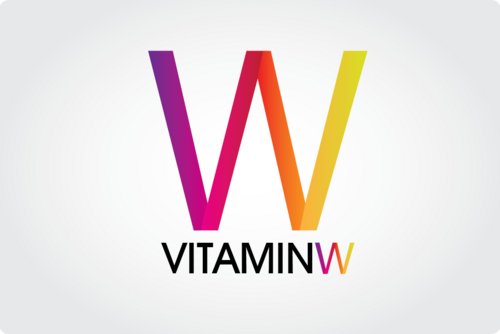Vitamin W: Boosting Your Immunity and Overall Health

What is Vitamin W?
Vitamin W, also known as Carnitine, is a water-soluble nutrient that is naturally produced by the liver and kidneys. It is also found in many animal products such as meat, fish, and dairy. This vitamin plays a crucial role in the metabolism of fatty acids, which is important for energy production and maintaining a healthy weight. It also helps in the transportation of long-chain fatty acids into the mitochondria, where they are oxidized to produce energy.
The Benefits of Vitamin W
Now that we know what Vitamin W is, let us take a closer look at some of its benefits:
Boosts Immunity
Vitamin W plays a crucial role in boosting our immunity by enhancing the production of T-cells and natural killer cells, which are essential in fighting off infections and diseases. It also helps in the production of antibodies, which are proteins that identify and neutralize harmful substances in the body.
Improves Cardiovascular Health
Studies have shown that Vitamin W can help lower blood pressure, reduce the risk of heart disease, and improve overall cardiovascular health. It does this by improving blood flow, reducing inflammation, and preventing the buildup of plaque in the arteries.
Supports Brain Function
Vitamin W plays a crucial role in supporting brain function by improving cognitive performance and reducing the risk of neurodegenerative diseases. It also helps in the production of acetylcholine, a neurotransmitter that is essential for learning and memory.
Boosts Energy Levels
Vitamin W helps in the production of ATP, which is the main source of energy in the body. It also helps in the metabolism of fats, which can improve endurance and reduce fatigue.
Sources of Vitamin W
Vitamin W is naturally produced by the liver and kidneys, but it can also be found in many animal products such as meat, fish, and dairy. Vegetarians and vegans can get their dose of Vitamin W through supplements or plant-based sources such as avocado, tempeh, and peanuts.
How to Incorporate Vitamin W into Your Diet
If you want to incorporate more Vitamin W into your diet, you can do so by adding more meat, fish, and dairy products to your meals. Vegetarians and vegans can opt for supplements or plant-based sources such as avocado, tempeh, and peanuts. However, it is important to consult with a healthcare professional before taking any supplements.
Advantages and Disadvantages
Like any other nutrient, Vitamin W has its own set of advantages and disadvantages. Some of the advantages include boosting immunity, improving cardiovascular health, supporting brain function, and boosting energy levels. However, excessive intake of Vitamin W can lead to side effects such as nausea, vomiting, diarrhea, and muscle weakness.
Conclution
Overall, Vitamin W is an important nutrient that plays a crucial role in boosting immunity and overall health. It can be found in many animal products and plant-based sources, and can be incorporated into your diet through supplements or food. However, it is important to consult with a healthcare professional before taking any supplements to ensure that you are getting the right dose.
FAQ
Q: Can I get enough Vitamin W from my diet?
A: Yes, you can get your dose of Vitamin W through your diet by incorporating more meat, fish, and dairy products into your meals. Vegetarians and vegans can opt for supplements or plant-based sources such as avocado, tempeh, and peanuts.
Q: What are the side effects of excessive Vitamin W intake?
A: Excessive intake of Vitamin W can lead to side effects such as nausea, vomiting, diarrhea, and muscle weakness.
Q: Is Vitamin W safe for pregnant women?
A: While there is no evidence to suggest that Vitamin W is harmful to pregnant women, it is important to consult with a healthcare professional before taking any supplements.
Q: Can I take Vitamin W supplements if I am on medication?
A: It is important to consult with a healthcare professional before taking any supplements if you are on medication, as some supplements can interact with certain medications.
